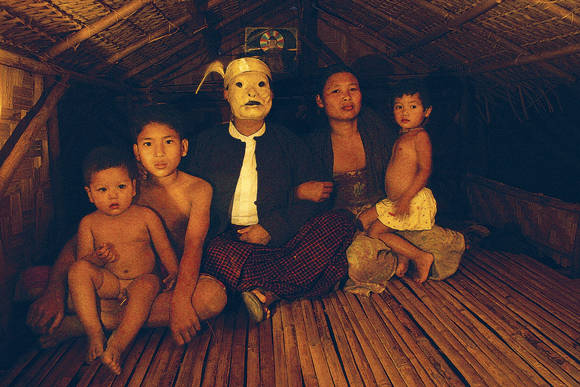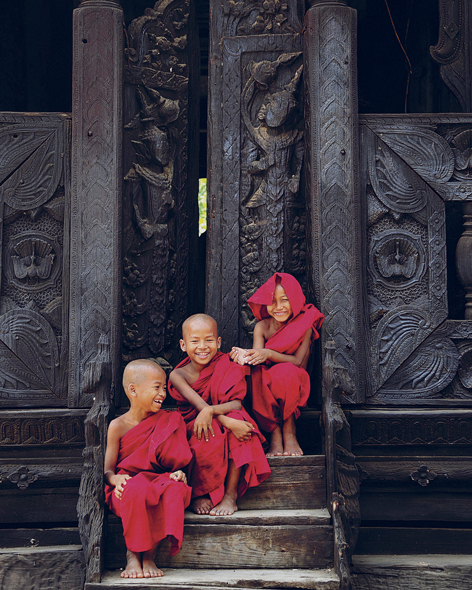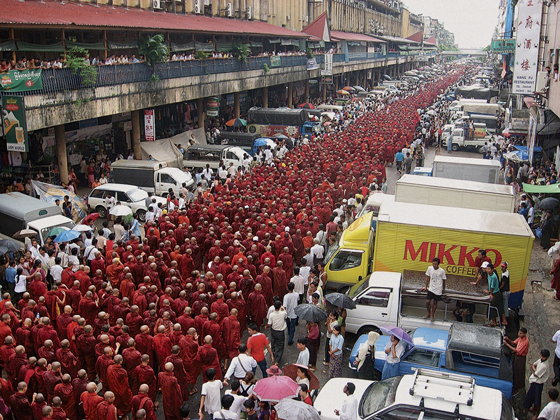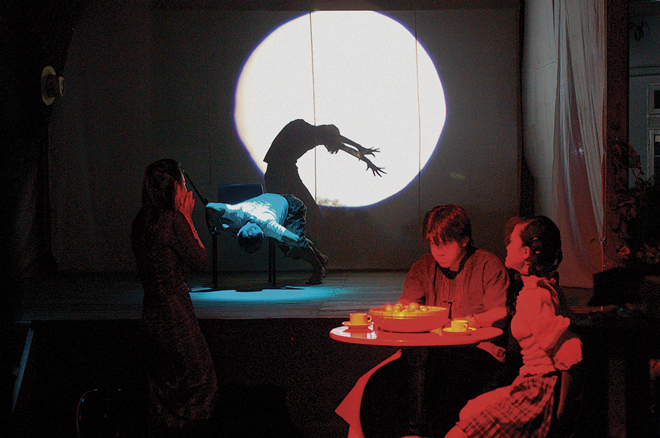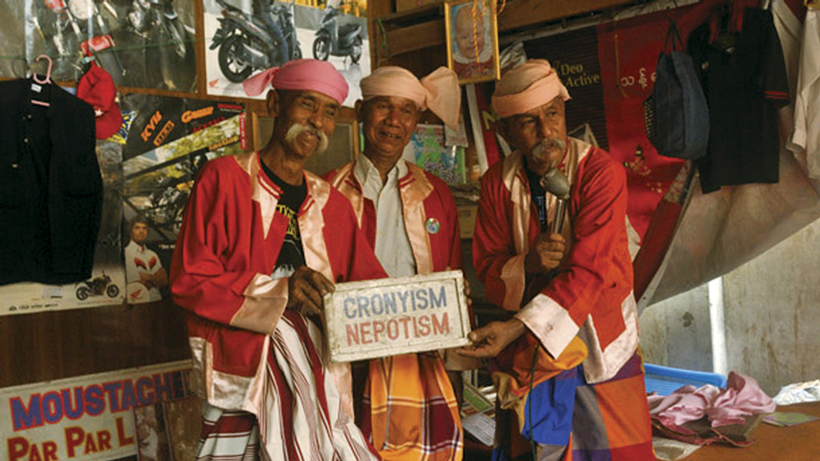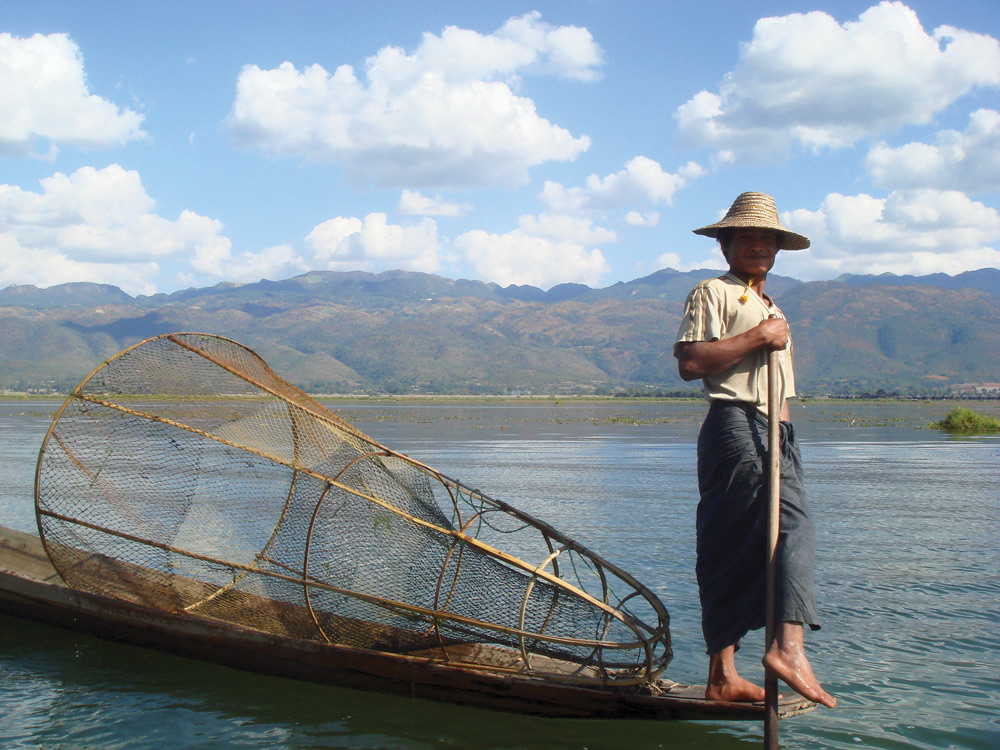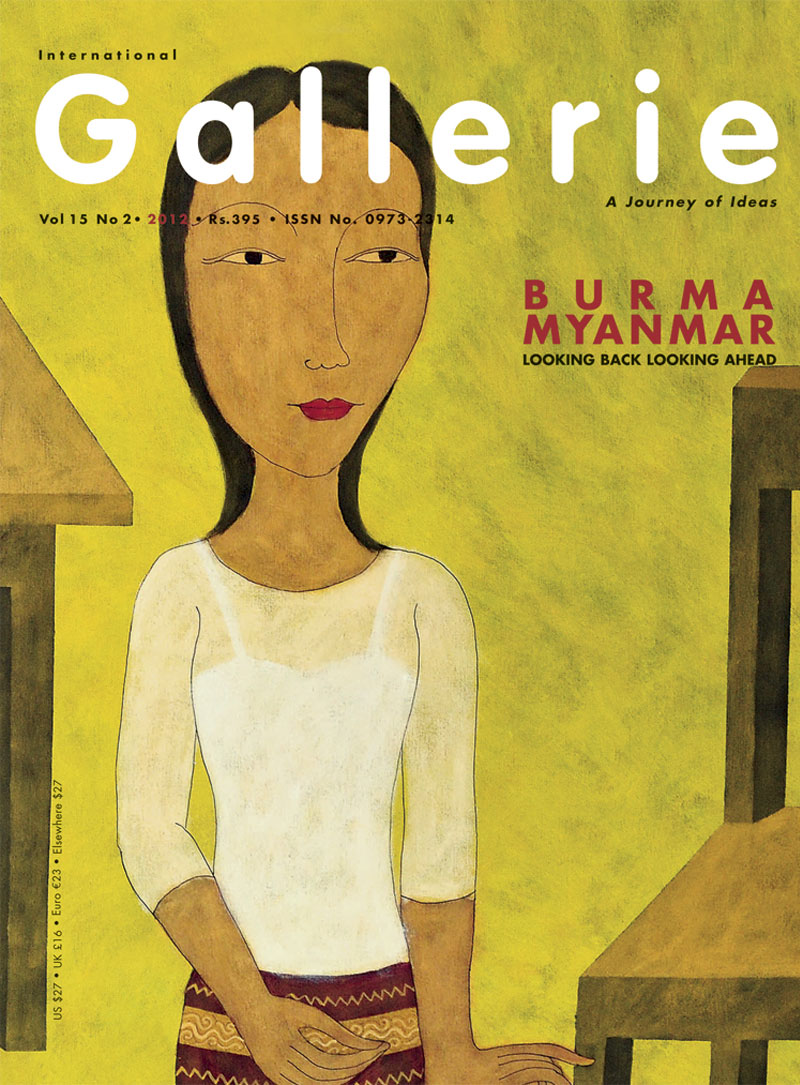
Editor’s note
George Orwells five years as a miserable policeman in colonial Burma, fomented a trove of critical contemplation for an entire genre of Orwellian classics, including ‘Animal Farm’ and ‘Nineteen Eighty-Four’. Much of his bitter experience of “….seeing the dirty work of Empire”, was to be later rebutted by an elderly Burmese citizen who said, “ The British may have sucked our blood, but these Burmese generals are biting us to the bone”.
Orwell’s dystopia, in reality, has been an interminable nightmare since 1824. Yet Burma’s survival through the British, Japanese and their own autocracy has been endured with uncommon equanimity. A people, nurtured by the Buddhist faith, their innate calm, ability to be philosophic and relatively cheerful beneath the most dire circumstances, seems to be the nation’s defining character. Having said that, collective composure such as this must have its inevitable implosions, as with the ’88 students’ revolt and the monks-led Saffron Revolution. In fact, most of the people I met within Burma, had clocked several months if not years in prison.





